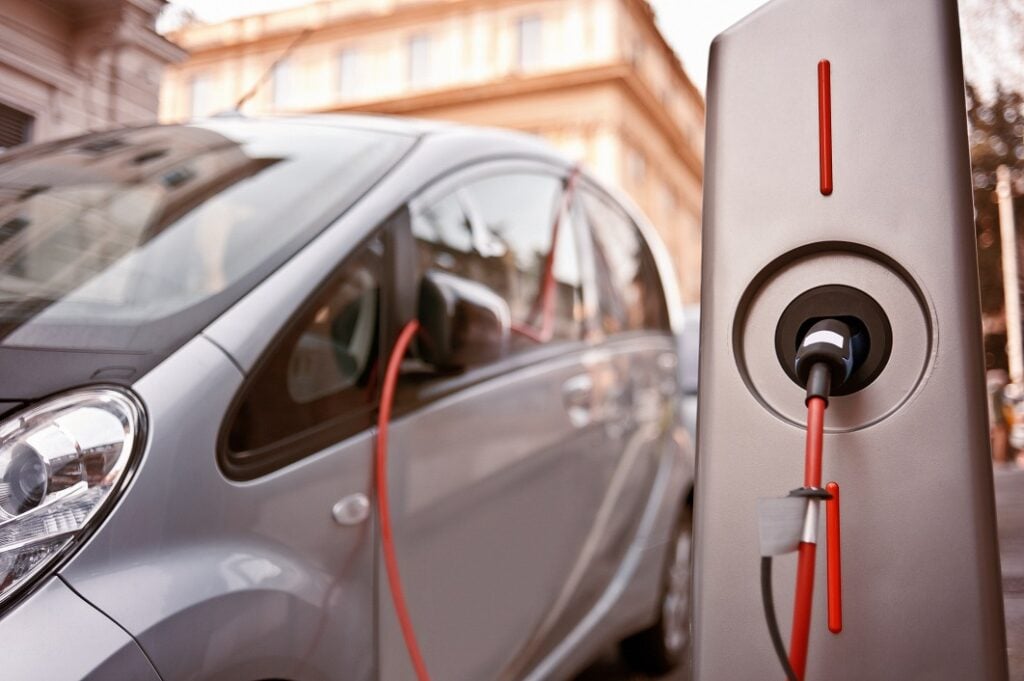Electric vehicle (EV) sales continued their strong run through February, with battery EV (BEV) and plug-in hybrids (PHEV) accounting of 13% of market share.
This was more than double their percentage for February 2020, when BEVs and PHEVs made up just 5.7%, according to new figures from the Society of Motor Manufacturers and Traders (SMMT).
BEV uptake has increased by 40.2% to 3,516, and PHEVs by 52.1% to 3,131. However, this is against a broader backdrop of vehicle sales falling by 35.5% in February, the lowest level since 1959.
SMMT pointed to the closure of showrooms as part of the current COVID-19 lockdown, with all vehicle categories apart from luxury saloons seeing a reduction in sales compared to January 2021.
Despite the continued year-on-year growth of EVs, getting the uptake to the level needed by the 2030 ban on internal combustion engine vehicles remains a “mammoth task” said SMMT, adding that “yesterday’s Budget proved a missed opportunity” which lacked the measures needed to support the “transition away from pure petrol and diesel cars and vans.”
Lucy Simpson, head of EV Enablement at Centrica Business Solutions, said accelerating the rate of EV adoption needs to be a priority if the Government’s Road to Zero is to be achieved, and the most recent SMMT’s figures show “the UK is on the right track”.
“As adoption levels grow, the rollout of charging infrastructure needs to be ramped up too. Without accessible charging points across the country, many consumers will be hesitant to purchase EVs.
“We are doing our part and by summer we will have 175 dedicated engineers across Centrica. It is right that the cost of infrastructure is supported by government grants for chargers and connection costs. And when it comes to public chargepoints, they should be reliable, easy for consumers to find and use, including ease of payment.”





